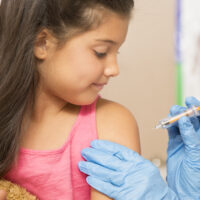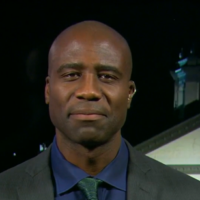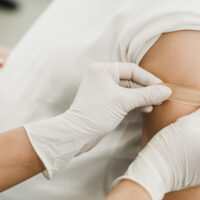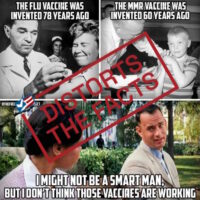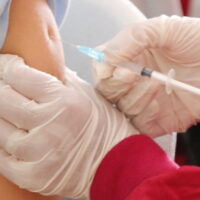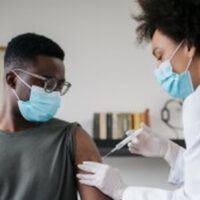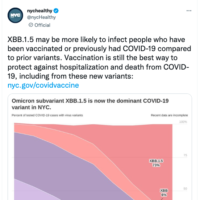In the past two weeks, U.S. public health authorities have skirted normal procedures and announced two major policy changes that will likely reduce access to COVID-19 vaccines and restrict use to higher-risk populations. Here, we explain what we know — and don’t — about these new COVID-19 vaccine policies.
Misconception: Effectiveness
Florida’s 2024-2025 COVID-19 Vaccine Guidance Misunderstands, Distorts Existing Science
An abundance of evidence indicates the mRNA COVID-19 vaccines are remarkably safe and work well to protect against severe disease. But last month, the state of Florida issued updated vaccine guidance advising “against the use” of the shots entirely — even for people who are older and at higher risk of severe disease. Experts say the advice is ill-informed and “illogical.”
Tucker Carlson Video Spreads Falsehoods on COVID-19 Vaccines, WHO Accord
COVID-19 vaccines are generally safe and have not killed 17 million people worldwide, contrary to claims amplified by podcaster Bret Weinstein during an interview with Tucker Carlson. Weinstein also inaccurately characterized a proposed World Health Organization pandemic accord and other changes, claiming they aim to take away “personal and national sovereignty.”
COVID-19 Vaccination During Pregnancy Is Safe, Has Multiple Benefits
Being vaccinated against COVID-19 helps protect pregnant people from severe COVID-19. When given during pregnancy, the vaccines can also reduce the risk of hospitalization from COVID-19 early in a baby’s life. A new study adds to the evidence that vaccination during pregnancy is safe for babies, contrary to social media and online claims.
Flu Shots, MMR Vaccines Have Saved Millions of Lives, Contrary to Online Claim
Flu shots and vaccines that protect children against measles, mumps and rubella have been effective in preventing illness, serious disease and death. But a meme has been circulating with the false suggestion that those vaccines are ineffective. Actually, they’ve saved millions of lives and have eliminated both measles and rubella in the U.S.
Viral Video Repeats Bogus Claim About Vaccines and Visible Ailments
RFK Jr.’s COVID-19 Deceptions
Robert F. Kennedy Jr.’s battle against vaccines — and against the institutions that promote them — goes back to at least the mid-2000s, as we explain in the first article of this series. But the arrival of COVID-19 gave the environmental attorney fresh grounds to intensify his attacks and a timely platform to gain new followers and revenue.
Cleveland Clinic Study Did Not Show Vaccines Increase COVID-19 Risk
Numerous studies have found that additional COVID-19 shots are generally associated with extra protection against the coronavirus. Many people on social media, however, have shared a preliminary finding from a Cleveland Clinic study and misrepresented it as proving that getting more doses increases a person’s risk of infection.
mRNA Vaccines Protect Against COVID-19 Mortality, Contrary to Misleading Posts
Posts Misinterpret NYC Health Tweet About Omicron Subvariant XBB.1.5
An unclear tweet from New York City health officials was meant to caution residents that the latest omicron subvariant, XBB.1.5, might be more likely than previous variants to infect vaccinated or previously infected people. Social media posts misinterpreted the tweet to mean that vaccinated people were at higher risk than unvaccinated people.
